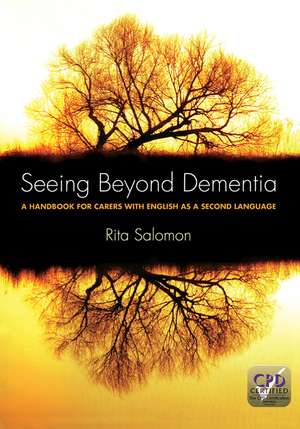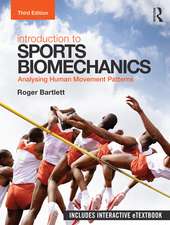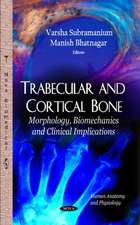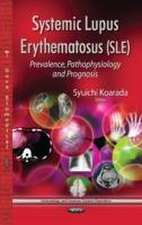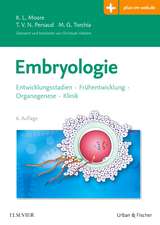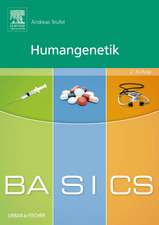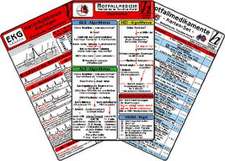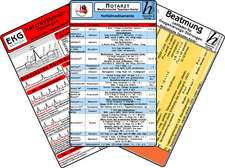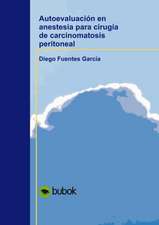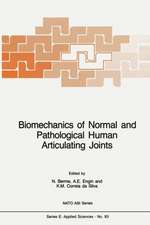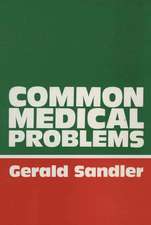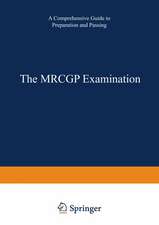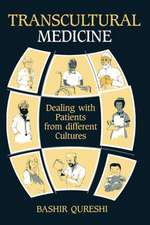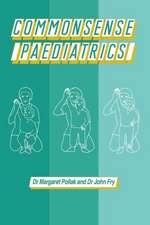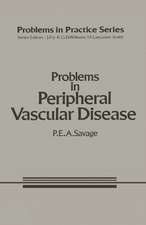Seeing Beyond Dementia: A Handbook for Carers with English as a Second Language
Autor Rita Salomonen Limba Engleză Paperback – 15 ian 2014
This unique guide is specifically designed for dementia carers with English as a second language. It is a concise compendium of current thinking on person-centred dementia care that features sample vocabulary and sentences ideal for working specifically with dementia patients. It focuses on the importance of good day-to-day communication skills and positive interaction between patients and carers during different activities. Whether used as a self-study aid or alongside any of the available training courses, it is a must for all carers with English as a second language working in care homes, hospitals, hospices, home support or any other supporting environment.
Preț: 196.77 lei
Preț vechi: 245.10 lei
-20% Nou
Puncte Express: 295
Preț estimativ în valută:
37.66€ • 39.25$ • 31.35£
37.66€ • 39.25$ • 31.35£
Carte tipărită la comandă
Livrare economică 06-20 ianuarie 25
Livrare express 30 noiembrie-06 decembrie pentru 59.94 lei
Preluare comenzi: 021 569.72.76
Specificații
ISBN-13: 9781846198922
ISBN-10: 1846198925
Pagini: 148
Dimensiuni: 174 x 246 x 13 mm
Greutate: 0.38 kg
Ediția:1 New ed.
Editura: Taylor & Francis
Colecția Routledge
Locul publicării:Oxford, United Kingdom
ISBN-10: 1846198925
Pagini: 148
Dimensiuni: 174 x 246 x 13 mm
Greutate: 0.38 kg
Ediția:1 New ed.
Editura: Taylor & Francis
Colecția Routledge
Locul publicării:Oxford, United Kingdom
Public țintă
Further/Vocational Education and GeneralCuprins
Preface. About the author. Introduction. Dementia - What's it all about? Basic information on dementia. What is dementia? What causes dementia? Symptoms of dementia. Current thinking. Person-centred approach. Personhood. Equality, diversity, inclusion, rights. Medical model v social model. Communication - How do I get through? What is involved in communication? Basic preparation. Tips for communicating with people with dementia. Listening. Communication in the later stages of dementia. Advice from a person with dementia. Language - What do I say? Functional language. Showing respect and patience. Showing concern. Comforting. Calming and reassuring. Suggesting and advising. Persuading. Praising. Encouraging. Being optimistic/cheering up. Challenging Behaviour - How do I react? Handling challenging behaviour. Most common dementia-associated behaviours. Triggers. Confusion. Agitation. Hallucinations. Aggression. Repetitive behaviour. Shouting and screaming. Lack of inhibition. Night time waking. Trailing and checking. Hiding and losing things. Restlessness. Suspicion. Apathy. Sundowning. Wandering. Carer, look after yourself! Encouraging conversation and activity - What do I do? Reminiscing. Life histories. Activities. Keep up the communication! Conclusion. English check answers. Word check. Appendices. References.
Recenzii
"…clearly organised to cover the most challenging aspects of communication with a person with dementia. The self-check sections in each chapter are good for establishing that the text has been understood correctly. There are excellent examples of activities and explanations of significant historical events. This is clearly an important topic and this is a fine book for anyone who wishes to further their understanding."
—Judge at the 2015 BMA Medical Book Awards
—Judge at the 2015 BMA Medical Book Awards
Descriere
2015 BMA President’s Choice Award, Runner Up
This unique guide is specifically designed for dementia carers with English as a second language. It is a concise compendium of current thinking on person-centred dementia care that features sample vocabulary and sentences ideal for working specifically with dementia patients. It focuses on the importance of good day-to-day communication skills and positive interaction between patients and carers during different activities. Whether used as a self-study aid or alongside any of the available training courses, it is a must for all carers with English as a second language working in care homes, hospitals, hospices, home support or any other supporting environment.
This unique guide is specifically designed for dementia carers with English as a second language. It is a concise compendium of current thinking on person-centred dementia care that features sample vocabulary and sentences ideal for working specifically with dementia patients. It focuses on the importance of good day-to-day communication skills and positive interaction between patients and carers during different activities. Whether used as a self-study aid or alongside any of the available training courses, it is a must for all carers with English as a second language working in care homes, hospitals, hospices, home support or any other supporting environment.
